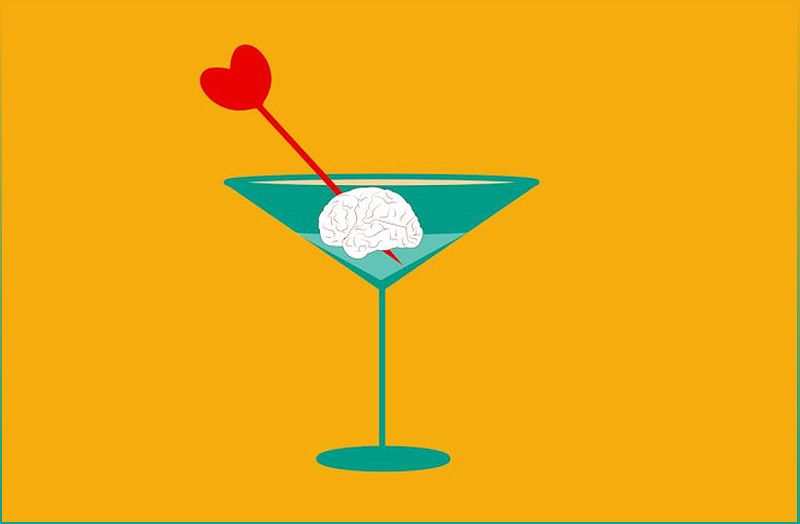Have you ever wondered why addiction can be so powerful? In this article, we delve into the intricate relationship between addiction and gene expression. By understanding how addictive substances affect the brain's reward pathways and influence gene activity, we gain valuable insights into the neurobiological basis of addiction. Join us on this journey to unravel the mysteries of addiction and discover the potential for change.
The Neurobiology of Addiction
Addiction is not simply a matter of willpower. Recent advancements in molecular genetics have revealed that addiction has a strong neurobiological basis. The brain's reward pathways play a crucial role in addiction, as addictive substances can overwhelm these pathways and lead to intense cravings and reduced impulse control.
By understanding the neurobiology of addiction, we gain insights into how addictive substances impact the brain at a genetic level. This knowledge opens up new possibilities for developing targeted treatments and interventions to help individuals struggling with addiction.
Gene Expression and Addiction
Every cell in our brain contains DNA, which carries our genetic code. Addictive substances like alcohol and drugs can directly affect gene expression in the brain, leading to changes in the activity of certain genes.
These substances can alter the proteins that bind to DNA, modify the process of DNA translation into proteins, and impact cellular energy usage. The result is a cascade of changes in gene expression that contribute to the development and maintenance of addiction.
Alcohol and Drug Effects on Gene Regulation
Studies using animal models have provided valuable insights into how alcohol and drugs of abuse affect gene regulation. For example, alcohol consumption has been found to increase the levels of acetate, a byproduct of alcohol metabolism, in the brain. Acetate can cross the blood-brain barrier and influence the unwinding of DNA from histones, leading to changes in gene expression in memory circuits.
Additionally, addictive substances like alcohol, nicotine, cocaine, and opioids activate signaling pathways that regulate metabolism. These pathways can further impact gene expression and neuronal function, contributing to the addictive effects of these substances.
Modifying Gene Expression: The Potential for Change
While addictive substances can lead to changes in gene expression, it's important to note that these changes are not necessarily permanent. Medications used to treat mental health disorders, such as antidepressants and mood stabilizers, can also impact gene expression in the brain.
Furthermore, lifestyle choices like dietary changes and intensive meditation have been shown to affect gene expression. This suggests that there are opportunities to modify gene expression through various interventions, offering hope for individuals seeking to overcome addiction.
Taking Control: Stabilizing Health and Well-being
Reducing consumption of addictive substances and embracing healthy lifestyle practices can have profound effects on both physical and mental health. By taking steps to stabilize and improve overall well-being, individuals can experience long-lasting benefits.
It's important to recognize that addiction is a complex issue with a neurobiological basis. However, understanding the role of gene expression in addiction opens up new avenues for treatment and recovery. By making positive changes and seeking support, individuals can regain control of their lives and pave the way for a healthier future.

